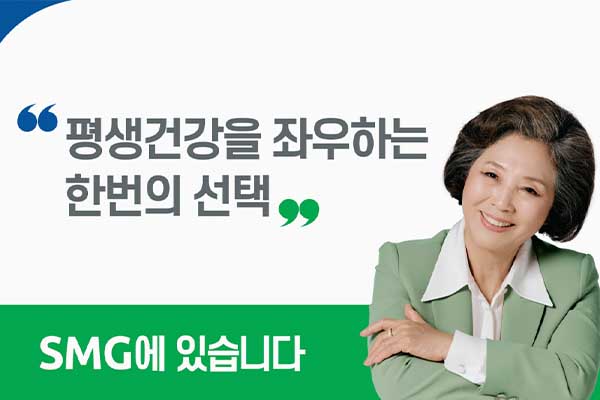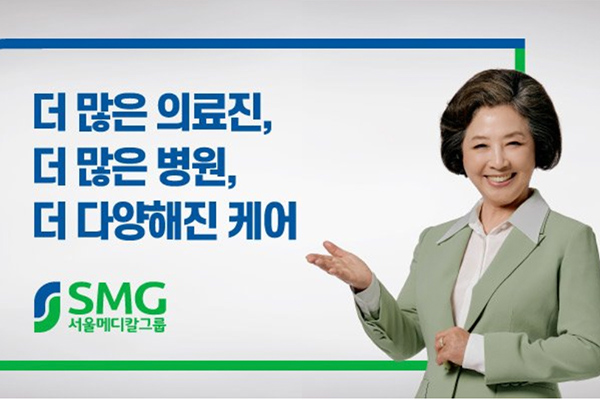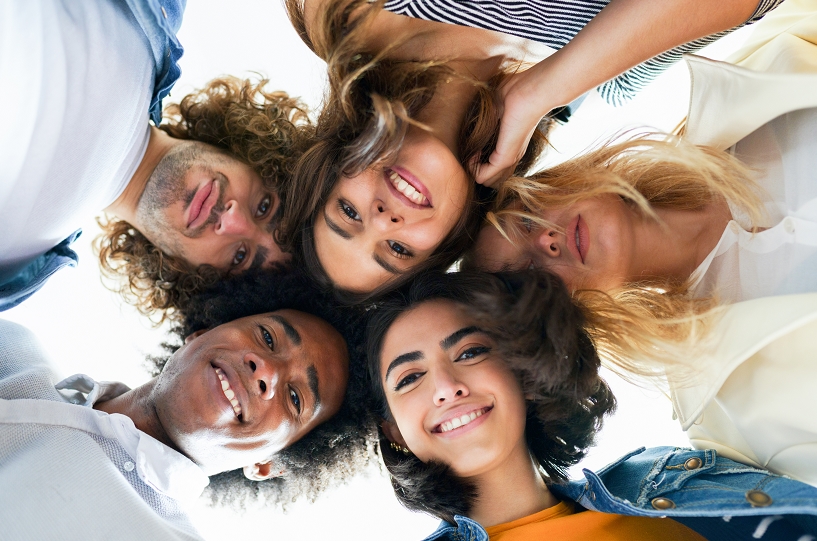
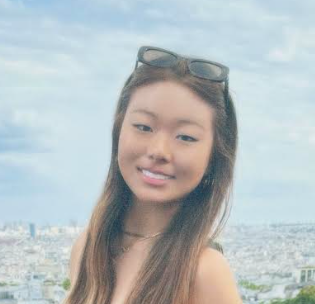
Harmful beauty stereotypes often lead to feelings of inadequacy. Women (and men) are constantly bombarded with images of “perfection” through media, advertising, and social platforms. For instance, social media influencers and celebrities often promote an idealized version of beauty—airbrushed, surgically enhanced, and far from reality. This pressure to conform can cause anxiety, depression, and even lead to eating disorders or unhealthy beauty practices.
Moreover, beauty stereotypes are not just about body shape; they often extend to race, skin tone, and hair type. In many cultures, lighter skin is glorified, leading to colorism and the devaluation of darker skin tones. This is particularly harmful as it perpetuates discrimination and reinforces the idea that only one type of appearance is desirable.
To combat these stereotypes, it’s essential to promote beauty as something that comes in many forms. Celebrating diversity means highlighting beauty across all skin tones, body types, and unique features. Movements like body positivity and campaigns for more inclusive representation in fashion and media are helping to reshape how we view beauty. When diverse models, influencers, and everyday people are celebrated for who they are, it sends a powerful message that beauty cannot and should not be confined to one standard.
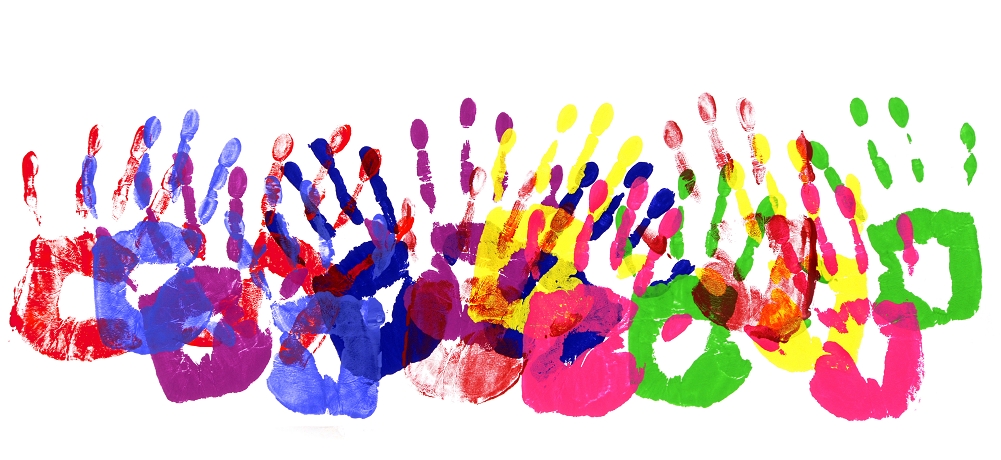
As we move forward, it’s important to continue challenging harmful beauty standards and stereotypes. True beauty is found in diversity, in embracing differences, and in recognizing that everyone’s appearance is valid and valuable. By shifting the conversation around beauty, we can create a world where people are celebrated for who they are, not for how closely they resemble an outdated ideal.
![]() <Student Reporter Chloe Moon> chloemoon45@gmail.com
<Student Reporter Chloe Moon> chloemoon45@gmail.com
She is an 10th grade student at South Pasadena High School






